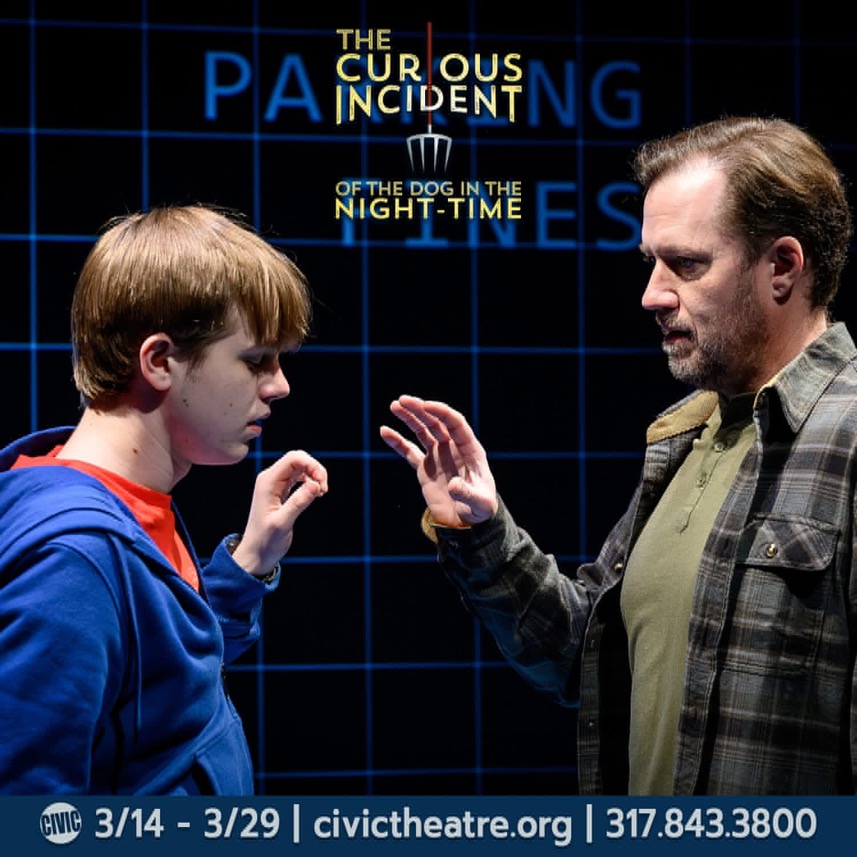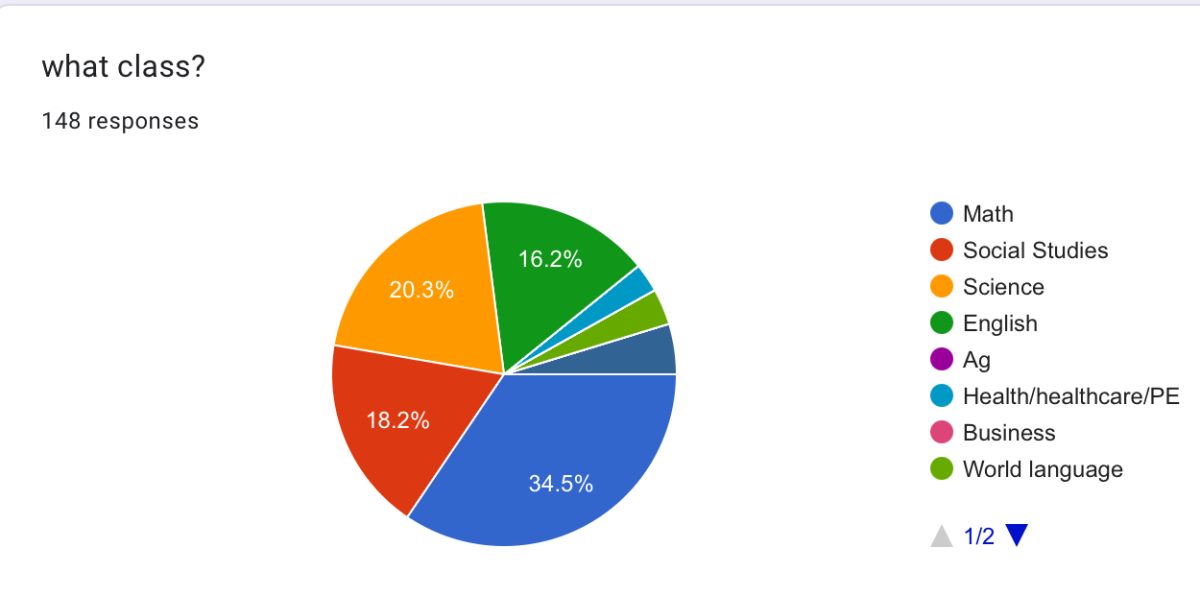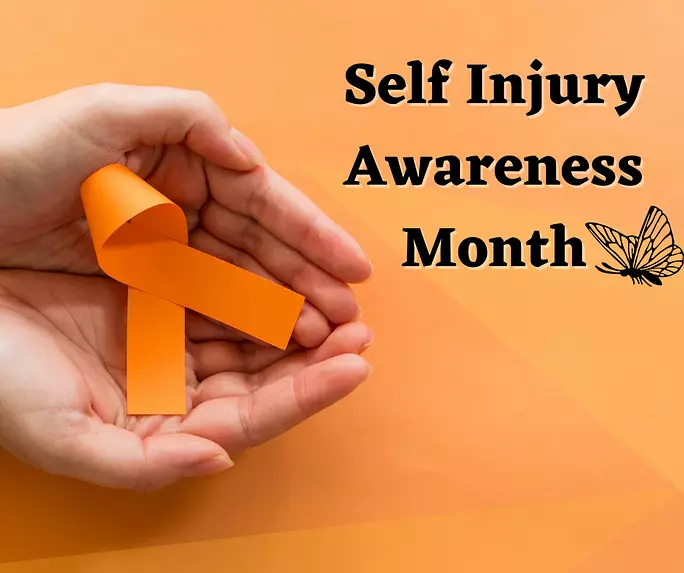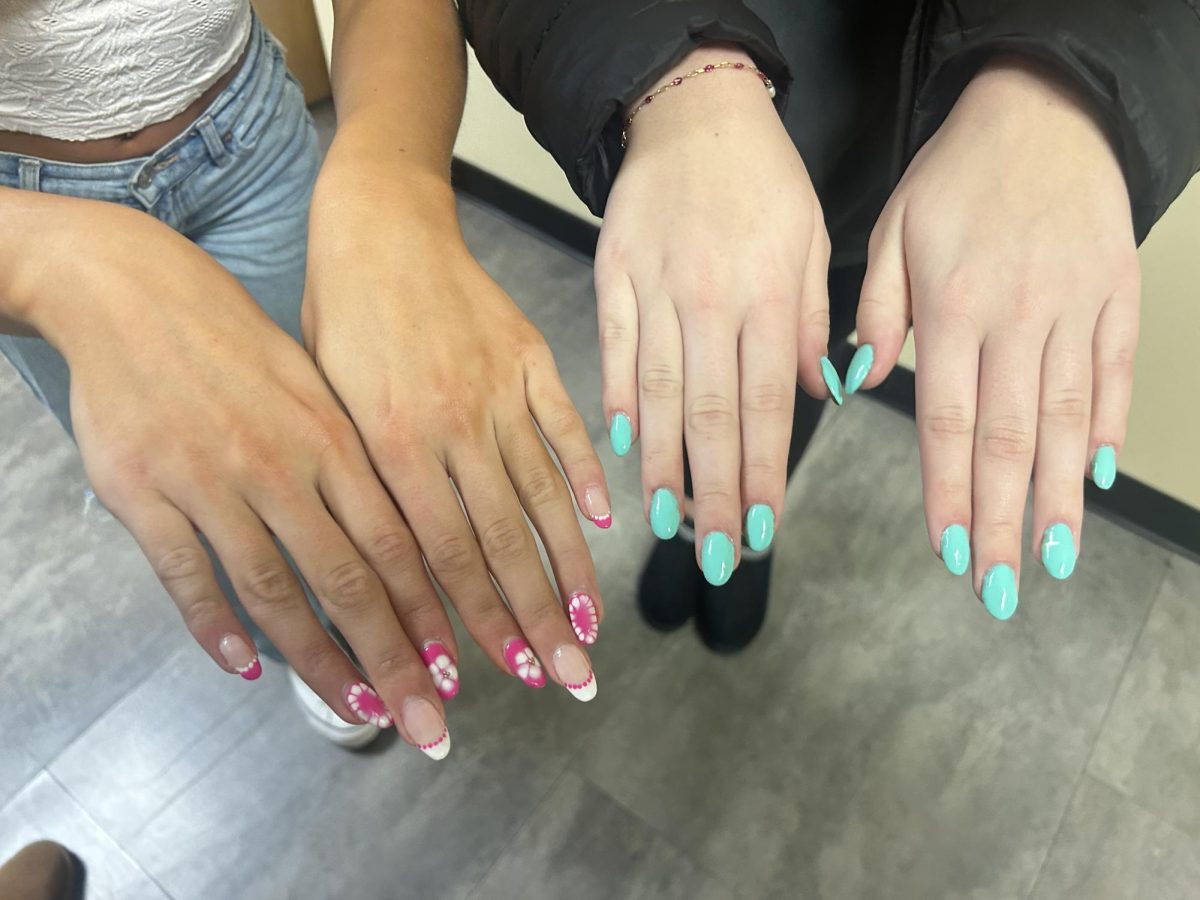How Does Seasonal Depression Affect LHS Students?
December 9, 2021
Here at LHS, mental health is a important topic to many. When the weather starts to change many students seem to change emotionally as well.
“I’ve heard many of my friends talk about seasonal depression, but I’ve never dealt with it myself,” said freshman Crystal Bautista.
According to the Mayo Clinic, seasonal affective disorder (SAD) is also known as seasonal depression. SAD is a type of depression that relates to changes of the seasons. People commonly see these changes in the fall through winter months.
“January and February are usually when my seasonal depression starts to get the worst,” said sophomore Tate DeLaRosa.
Symptoms of SAD include losing interest in activities you use to enjoy, having little to no energy, and changes in appetite and weight. Some symptoms can be much more severe such as feeling hopeless, worthless or having thoughts of death or suicide.
“I always know when my seasonal depression starts to kick in because I feel less motivated to do my assignments,” said junior Katie Smith.
The cause of seasonal affective disorder remains unknown. Some scientist’s theory the reason of such symptoms is because of the reduced amount of sunlight in the winter. This decrease of sunlight can disturb your body’s internal clock which leads to feelings of depression.
“I have a special white light lamp that I always use in the morning which usually helps me a lot,” said sophomore Tate Delarosa.
If you suffer from seasonal affective disorder you might want to invest in bright light therapy. The bright lights can help with keeping your circadian rhythm in check. If you sit in front of the bright light for 20 to 30 minutes after waking up in the morning it will boost your mood and helps with symptoms of SAD. If at home remedies don’t seem to be working, contact your doctor, they can help you work through it.
“When I’m dealing with seasonal depression, I usually just like to surround myself with positive people and listen to calming music,” said junior Katie Smith.























